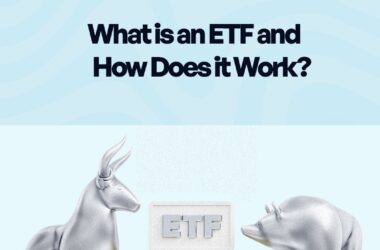Let’s break it down into something very simple. You want to buy bulk food stuffs in Lagos. Normally, you’d go to a big market like Balogun or Mile 12 where everyone comes to buy and sell. Prices are displayed, rules are followed, and everything happens in one central place.
But sometimes, you don’t go to the main market you just buy from someone down your street who sells close to your home. You both agree on the price, and the deal is done.
That’s exactly what OTC means in finance. It stands for Over-the-Counter, a way of buying and selling securities outside the formal stock exchange. It can also be referred to as Off- Exchange Trading.
What Does OTC Mean?
OTC is what happens directly between two parties often through a broker or dealer network, without going through the official exchange.
In the stock market, most people are familiar with trading on big exchanges like the Nigerian Exchange (NGX), New York Stock Exchange (NYSE), or NASDAQ. Here, everything is centralized and regulated, and prices are publicly visible.
Here’s what happens in OTC:
- No “floor” of traders shouting prices.
- No central market listing.
- Just you, your broker, and the person on the other side of the deal.
What Can Be Traded OTC?
Over-the-counter trading isn’t only for stocks. You can trade:
- OTC Stocks (often smaller companies not listed on a big exchange)
- Bonds
- Currencies
- Derivatives
For example, some international companies’ shares might not meet the requirements to list on a major exchange, so their stocks are traded OTC instead.
Why Do People Trade OTC?
People use OTC markets for different reasons:
- Access to more securities, especially smaller or foreign companies not on the main exchange.
- Flexible negotiations of prices and terms can be agreed upon privately.
- Specialized investments: Some products, like certain derivatives, are almost always traded OTC.
The Risks of OTC Trading
While OTC trading can give you more options, it also comes with higher risks:
- Less transparency—prices aren’t as openly displayed as in an exchange.
- Lower liquidity—it might be harder to find someone to buy or sell when you want.
- Higher risk of fraud—because regulations can be lighter than in official exchanges.
Conclusion
In finance, OTC simply means buying or selling securities outside the formal stock exchange, usually through a broker network.
It’s like skipping the big market to buy directly from a seller. You might get something unique, but you need to know who you’re dealing with.
So, the next time you hear “OTC” in investing, remember: it’s not about medicine; it’s about trading on your own terms, but with extra care.



